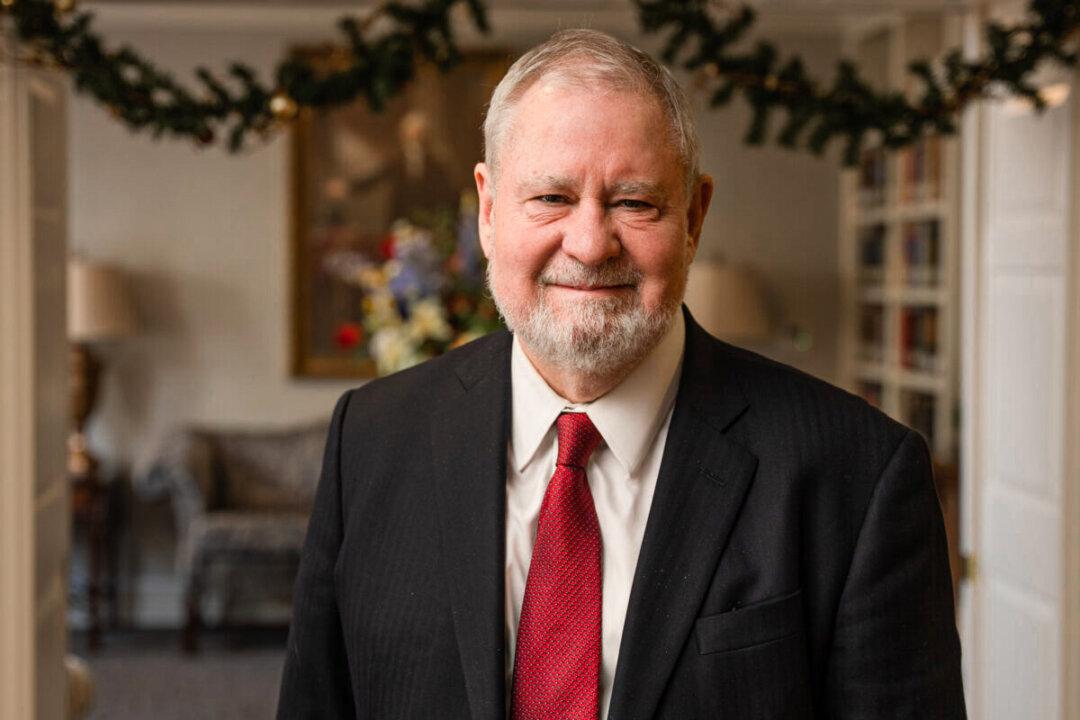The government’s pandemic response, while telling people to “follow the science” of its experts, has adopted a model of tyranny by the experts who have twisted the true spirit of science, according to Larry Arnn, president of Hillsdale College.
“It’s just foolish to say, ‘That scientist can rule,’” Arnn told EpochTV’s “American Thought Leaders“ program when speaking of Hillsdale’s decision to stay open for in-person instruction amid the pandemic, noting Winston Churchill’s view that ”expert knowledge is limited knowledge.” The full American Thought Leaders interview with Larry Arnn will premiere on EpochTV on Tues. Dec. 21st at 7 p.m. ET.






